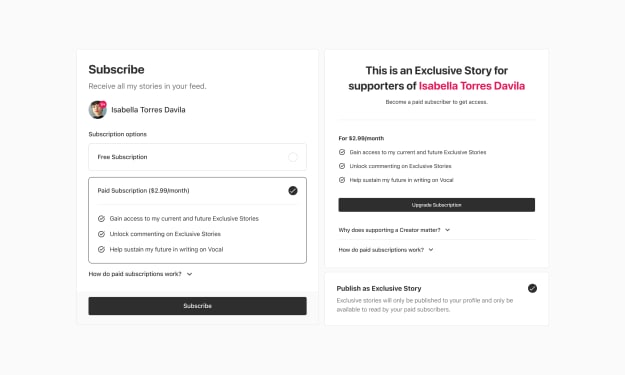The Hidden Source of Heart Attacks You've Never Considered
Heart Attacks

The heart is a unique muscle in that it never fully rests. Unlike skeletal muscles, the heart continually beats around the clock. When a person dies of a heart attack, it is actually the cardiac muscle itself that ceases to contract and relax. This phenomenon is often due to a lack of oxygen, known as hypoxia, or poor blood circulation, termed ischemia.
To understand what may trigger a heart attack, it is useful to examine a particular enzyme called lactate dehydrogenase. This enzyme is involved in the production of lactate, which can then convert into lactic acid, making the environment more acidic. An accumulation of lactic acid can lead to hypoxia, which in turn can precipitate a heart attack.
But where does this lactate come from? It originates from a compound called pyruvate, an intermediate in the chain reaction that starts with glucose. In other words, when you burn glucose as fuel, it transforms into pyruvate, then lactate, and finally into lactic acid. Glucose is another name for sugar, and as you may already know, sugar is detrimental to the heart.
Elevated glucose levels, as seen in diabetics, can significantly increase triglycerides, as glucose converts into fat. Moreover, a diet high in sugar can also elevate LDL cholesterol levels, which is also harmful to the heart.
A Hidden Cause of Heart Attacks: The Role of Stress and Adrenaline
Chronic stress is an underrecognized but significant cause of heart attacks. Adrenaline, a hormone released in response to stress, can have devastating effects on the heart. Indeed, adrenaline increases blood glucose levels, which can trigger a series of chemical reactions leading to the formation of lactic acid. This lactic acid can cause hypoxia, a lack of oxygen that can be fatal to the cardiac muscle.
Adrenaline is designed to provide quick energy in times of need, such as when being pursued by danger. However, when subjected to chronic stress, the body continually releases adrenaline, which is akin to consuming large amounts of sugar in terms of its impact on the heart. This situation can lead to vasoconstriction of the blood vessels, thereby limiting oxygen supply to the heart and increasing the risk of a heart attack.
Stress can also be a trigger for heart attacks due to significant emotional shocks, such as the loss of a loved one, divorce, or even severe illness. These situations dramatically elevate adrenaline levels, thus fueling the vicious cycle that can lead to a heart attack.
Additionally, elevated adrenaline levels can also increase LDL cholesterol and triglycerides, two other risk factors for heart disease. Normally, these levels rise in response to a diet high in sugar, but they can also be elevated due to chronic stress.
Other Potential Causes of Heart Attacks: The Role of Smoking, Vaping, and Other Factors
In addition to chronic stress and adrenaline, there are other factors that can increase the risk of heart attacks. Among them, smoking and vaping are particularly concerning. Smoking can increase the risk of a heart attack up to five times, while vaping can double it. Both activities elevate adrenaline levels, which can trigger a series of harmful chemical reactions for the heart.
Another factor to consider is Tylenol poisoning, which can also create a state of hypoxia. Inflammation and diabetes are also potential causes of hypoxia and heart attacks. Fructose, often present in sodas and fruit juices, is a type of sugar that can lead to elevated levels of lactic acid and hypoxia. Cyanide poisoning, alcohol consumption, and certain medications, like metformin, can also increase lactic acid levels and hypoxia.
It is also important to note that deficiencies in vitamins B1 and B12 can elevate lactic acid and hypoxia levels. Metformin, for example, can lead to deficiencies in these vitamins. That's why some people feel less stressed and breathe better when taking supplements of vitamins B1 or B12.
Preventing Heart Attacks
To reduce the risk of heart attacks, it is essential to take preventive measures. First, stress triggers should be minimized as much as possible. Next, it is recommended to engage in activities that help alleviate stress, such as nature walks or high-intensity physical exercises followed by periods of rest. Avoiding sugar and following a ketogenic diet can also help prevent the accumulation of lactic acid and hypoxia. Finally, regular intake of vitamin B1 and a specific type of vitamin E called tocotrienols can help maintain healthy oxygen levels in the cardiac muscle.
About the Creator
Massinissa Amrane
Eclectic and passionate writer, I share captivating fiction narratives and insightful non-fiction analyses. Follow me to explore a range of topics that ignite imagination and provoke thought.
Enjoyed the story? Support the Creator.
Subscribe for free to receive all their stories in your feed.






Comments
Massinissa Amrane is not accepting comments at the moment
Want to show your support? Send them a one-off tip.